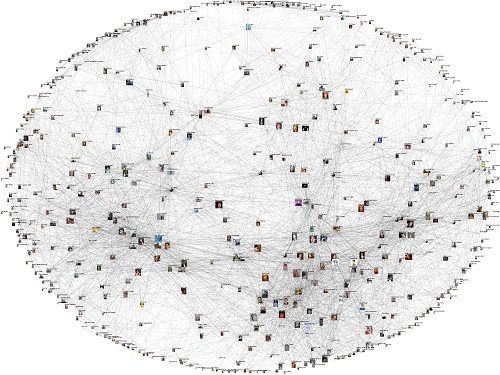
September 17, 2013; Associations Now
The chief technical officer at Business Insider learned a valuable lesson when he was forced to resign last week due to his Twitter activity. Pax Dickinson, the man in charge of seeking and hiring new talent for the company, had tweets publicized that reeked of sexism, such as:
Sign up for our free newsletters
Subscribe to NPQ's newsletters to have our top stories delivered directly to your inbox.
By signing up, you agree to our privacy policy and terms of use, and to receive messages from NPQ and our partners.
- “Tech managers spend as much time worrying about how to hire talented female developers as they do worrying about how to hire a unicorn.”
- “Feminism in tech remains the champion topic for my block list. My finger is getting tired.”
Media then began digging into Dickinson’s backlog of tweets and found many posts throughout the last several years that were extremely inappropriate, from sexist jokes to racial slurs. Twenty-four hours later, Business Insider made a statement online that Dickinson was no longer with the company.
The big take-away from this whole disaster is be aware of your online voice. Even if you are in no way connected to the social media and communication strategies at your nonprofit, you are still a representative of your organization. Even what was said online years ago could come back to haunt you.
From an organization’s perspective, ensuring human resource departments are checking the online presence of applicants when evaluating potential employees is becoming more essential. If you are looking to fill any leadership positions at an organization, the candidate must also exemplify your organization in its social media activity—and certainly not offend.
Ernie Smith from Associations Now also mentions that many CEOs avoid even being on social media at all. “Leaders of a certain stripe find that everything they say and do will be analyzed heavily.”
NPQ recently reported on the positive affect CEOs engaging in social media can have on an organization, but is it also dangerous to have your nonprofit leaders under constant scrutiny? We’d be interested to hear what nonprofits think about this predicament.—Aine Creedon













